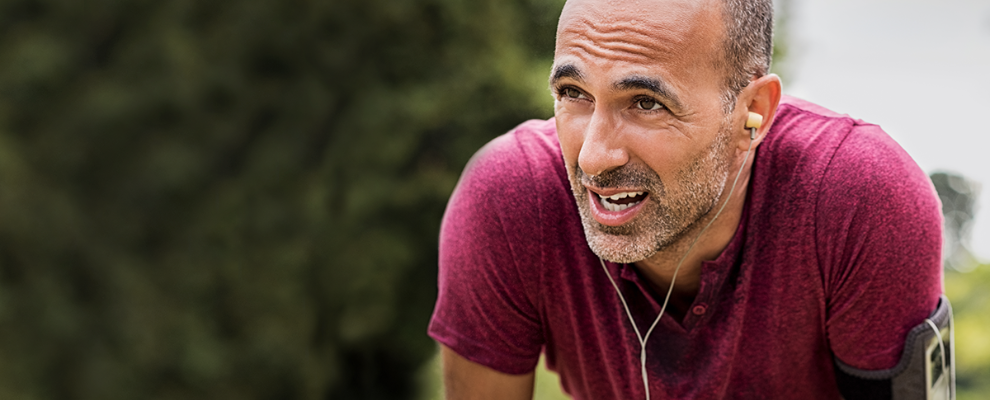What every young person needs to know about bowel cancer
Health & Wellbeing -
June is Bowel Cancer Awareness month - an important reminder for those over 50 to ensure they participate in the National Bowel Cancer Screening Program. While the focus for the public health campaign is on older people, it’s also important to consider the impact bowel cancer can have on younger people.
Bowel cancer affects everyone
It’s a common misconception that bowel cancer only affects older people. Each year more than 1,500 young Australians learn that they have the condition1. With one of the highest rates of bowel cancer in the world, it’s concerning that there has been a significant upwards trend in the incidence of bowel cancer for younger Australians since the mid-1990s2. In Australia, it’s the fifth leading cause of death overall for Australians aged 25-443.
At TAL, we’ve also seen this trend with an increase of around 15% each year over the last three years in claims for colorectal cancer by people under 55.*
While the incidence may be increasing, the good news is that with early detection, survival rates are very high and there are some simple steps you can take to reduce your risk of bowel cancer.
Healthy choices
Research shows that around a third of bowel cancer cases could have been prevented with healthier lifestyle choices. This includes maintaining a healthy body weight, not smoking, getting regular exercise, eating a balanced diet and limiting alcohol intake.
Bowel cancer risk increases with an increase in body fat. Maintaining your body weight within the healthy body mass index (BMI) range is recommended. The Australian Government Department of Health has a simple online tool that helps you calculate your BMI. Your doctor or a registered dietician can help you get on track if you need some help with your diet.
We all know that a healthy diet has many benefits for overall health but there are some specific modifications that can be made to the food you eat to help reduce your risk of bowel cancer. A balanced diet, which includes plenty of fibre through a variety of fruit and vegetables, while limiting red and processed meat, will help reduce your risk and keep you healthy.
Know your family history
While there are many things you can do to help protect yourself against bowel cancer, there are some things that you have no control over. Around one third of the people who are diagnosed with bowel cancer have a family history or a hereditary condition which increases their risk2. If this is the case for you, it’s important to speak with your doctor who can assess your personal level of risk and provide advice on lifestyle changes or arrange screening if required.
Checking in
Even if you’re young, fit and healthy, and with no family history, it’s still possible to get bowel cancer. If you notice symptoms which may include a change in your bowel habits, rectal bleeding, frequent cramps or abdominal pain, it’s important to make an appointment with your doctor to discuss your concerns.
-
Bowel Cancer Australia. (2022). Bowel Cancer Facts
-
Australian Institute of Health and Welfare. (2018). Colorectal and other digestive-tract cancers.
-
Australian Institute of Health and Welfare. (2021). Deaths in Australia.
*Claims statistics based on total number of accepted claims by that were decided on by TAL Life Limited between 1 January 2019 and 31 December 2021. A claim is decided on when a decision is reached as to whether or not the claim is payable.
